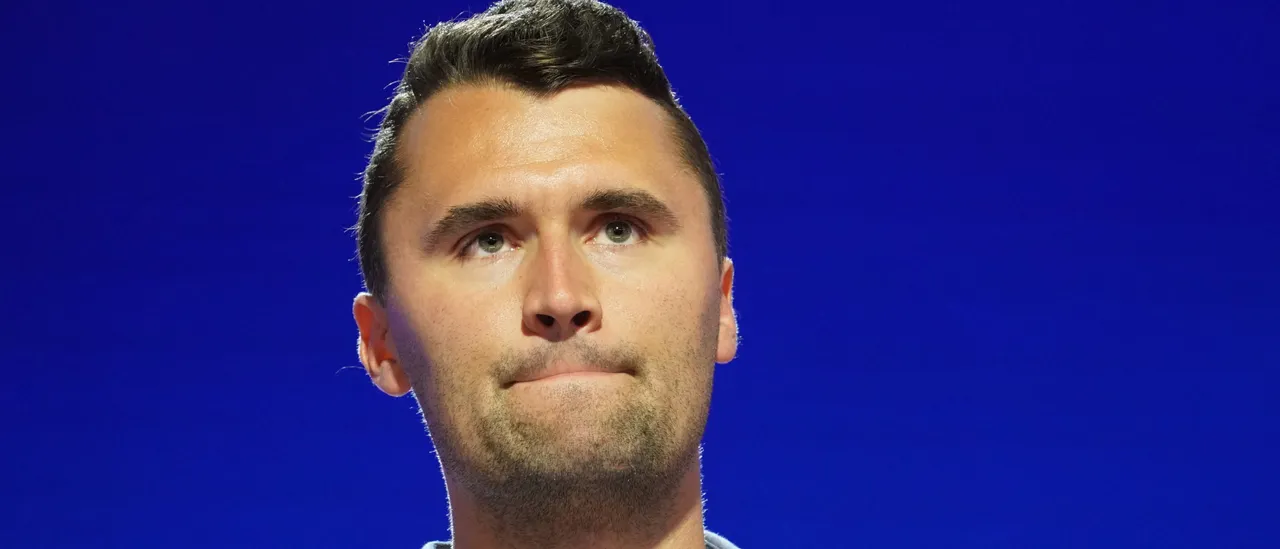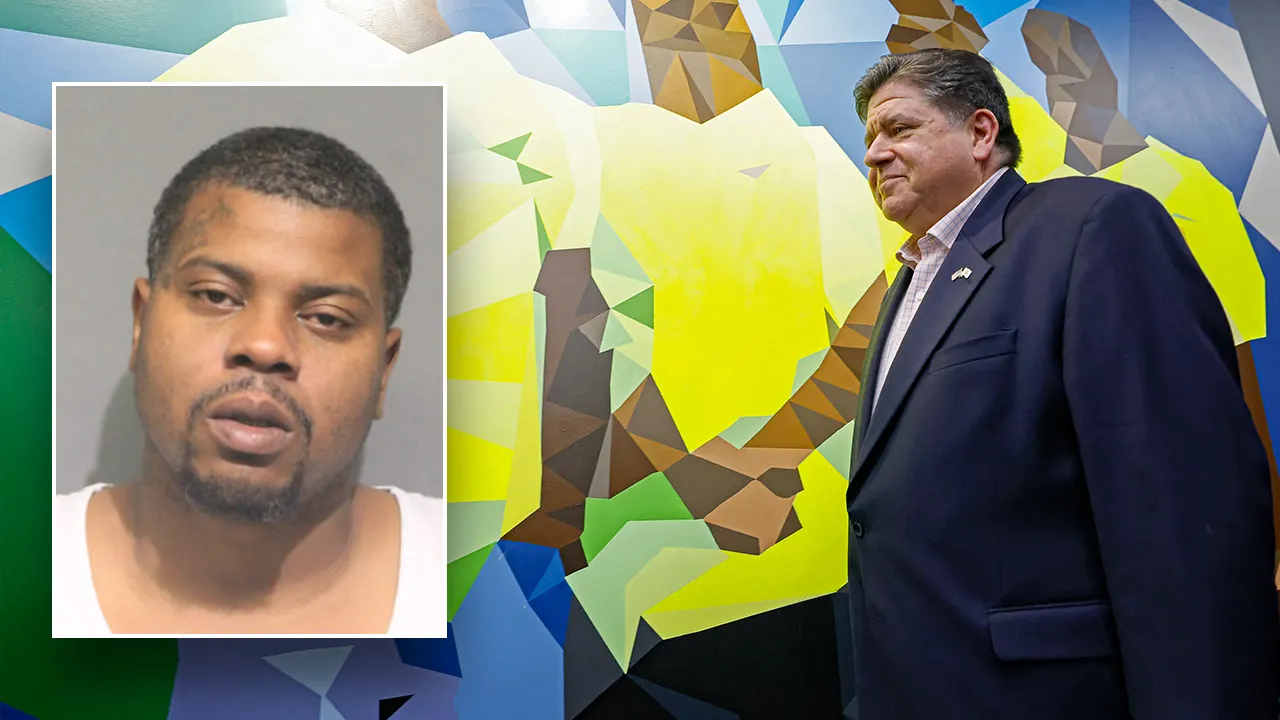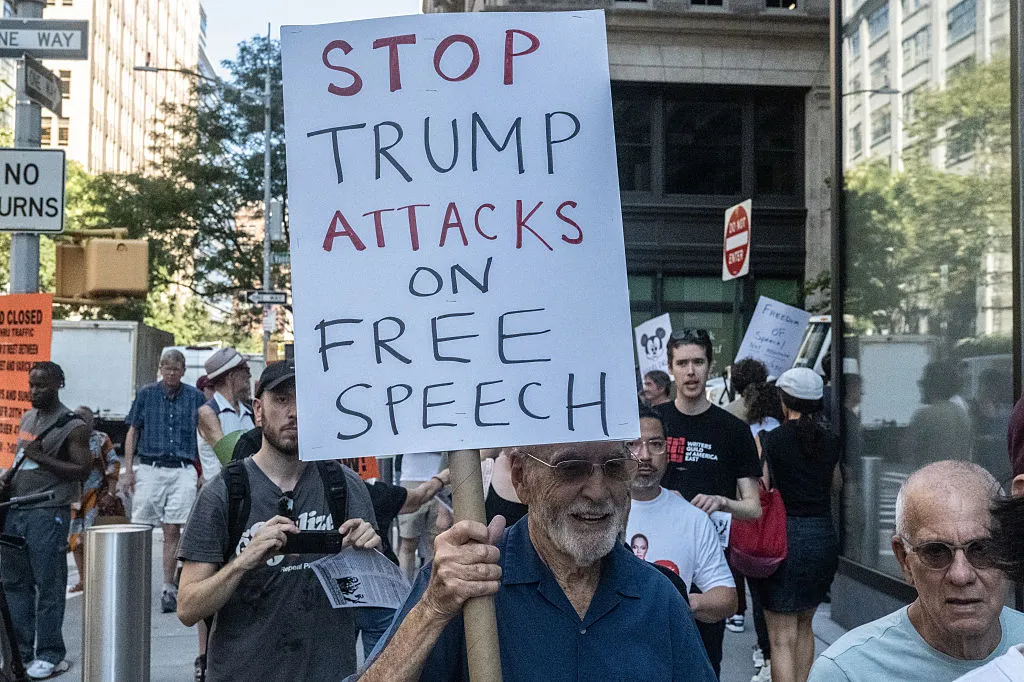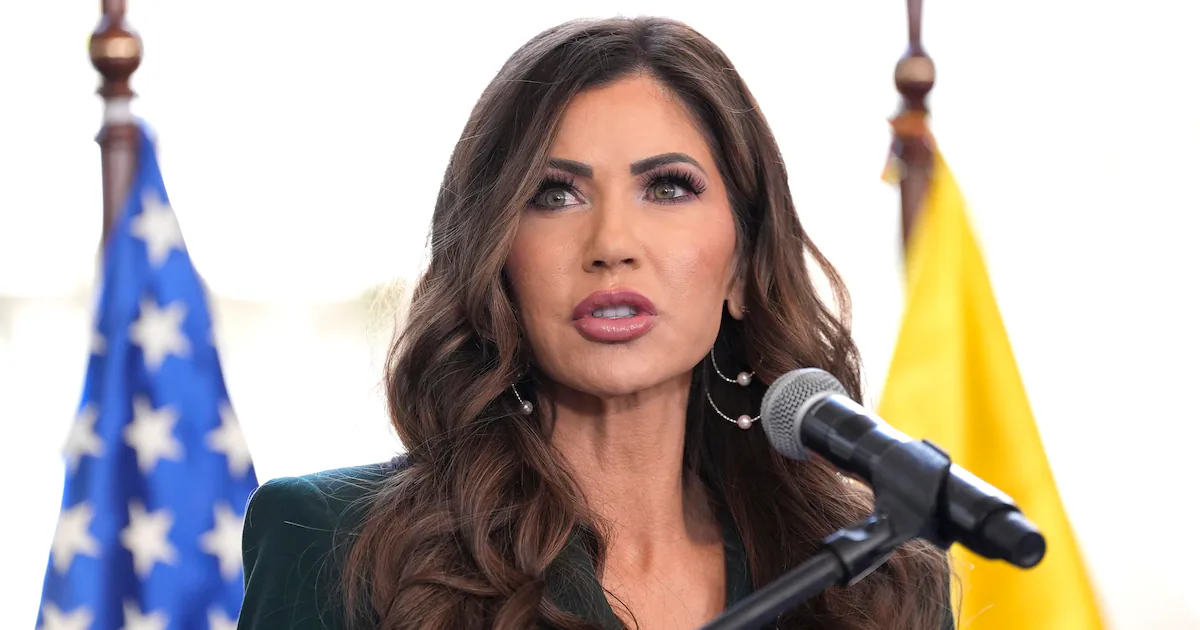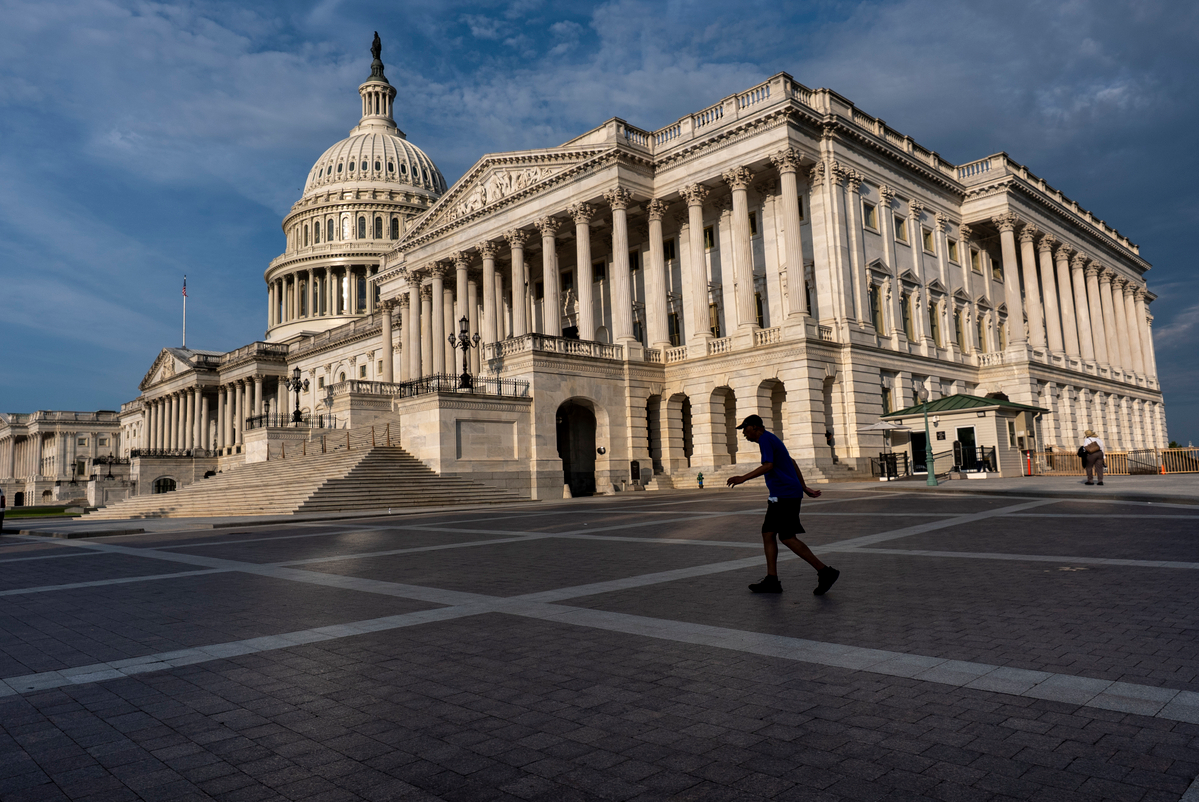
The BDN Opinion section operates independently and does not set news policies or contribute to reporting or editing articles elsewhere in the newspaper or on bangordailynews.com
Jordan Wood is the former chief of staff to California Rep. Katie Porter, vice president of End Citizens United, and founder of democracyFIRST. He is running in the Democratic primary for the U.S. Senate in Maine.
The assassination of Charlie Kirk in Utah was a horrific act of political violence. It joins a long and tragic list of moments revealing how fragile our democracy is. These acts should shock us, but they cannot be allowed to silence us.
Rising political violence has been a grim reality since I started working in politics. My first job in Washington began in 2011, just weeks after Rep. Gabby Giffords was shot in Arizona. A decade later, on Jan. 6, 2021, I was barricaded in an office as Rep. Katie Porter’s chief of staff while violent insurrectionists stormed the U.S. Capitol. That day was terrifying not because I feared for my personal safety, but because it made clear to me what is at stake when political leaders embrace violence: We will lose our democracy.
Later that year, I stepped away from Capitol Hill. I started courses at Harvard Divinity School, studying the role of faith communities in political reconciliation, and founded democracyFIRST, an organization dedicated to building a bipartisan coalition of current and former elected officials committed to rejecting political violence and respecting the outcome of free and fair elections.
We launched a public pledge affirming the core, nonpartisan principles that underpin free and fair elections and rejecting political violence. The pledge was signed by more than 700 officials — from both parties — responsible for overseeing election certification.
My years in pro-democracy work during a period of deep partisan divisions and rising violence have taught me that there is a solution to our current democratic crisis. There is a strategy to combat political violence in America, and to be successful, it demands moral courage. It calls for political leaders to dare to put our Constitution, democracy, and country ahead of partisan loyalties and personal gain.
The moral courage I’m talking about isn’t abstract; we know it when we see it. It’s the leadership Republican governor of Utah Spencer Cox demonstrated in the wake of Kirk’s assassination. It’s the leadership then-Gov. Nikki Haley showed in taking down the Confederate flag at the South Carolina state capitol after the Charleston AME massacre. It’s the leadership Pennsylvania Gov. Josh Shapiro showed after the antisemitic Tree of Life synagogue massacre in Pittsburgh. It’s the life’s work of former congressman and civil rights icon John Lewis. To have the moral courage to pursue reconciliation and affirm democracy in times of rising political violence is the leadership America needs in this moment.
In a democracy, we resolve our political differences through free and fair elections, never political violence. Not in Utah. Not on Jan. 6. Not anywhere. When elected leaders hesitate to say this clearly, or worse, respond to episodes of political violence by stoking resentment and retribution of their opponents, it emboldens extremists to escalate further, deepening polarization and eroding public trust in democracy.
So, in this moment of crisis for American democracy, let’s hope for more leaders with the moral courage of Spencer Cox, Nikki Haley, and Josh Shapiro. This courage, more than anything else, is the solution to rising political violence and what this moment demands.
